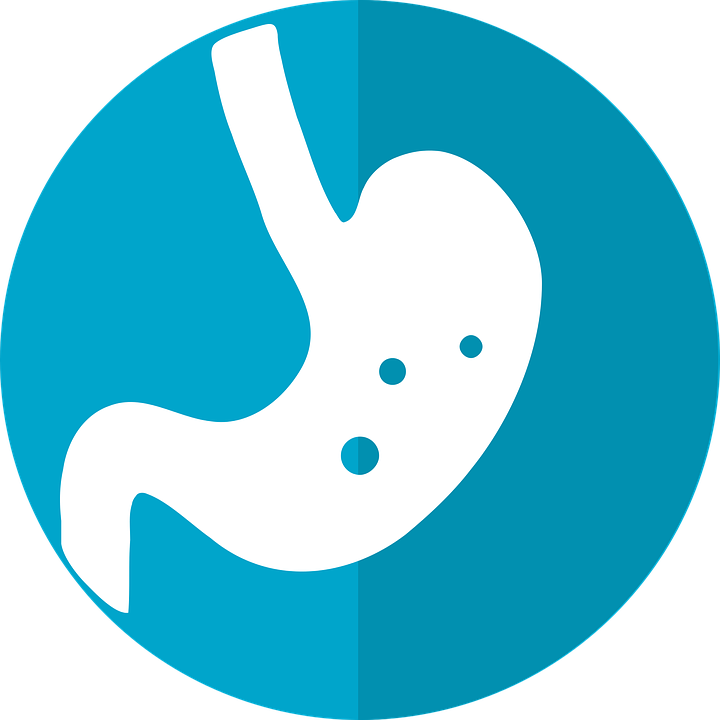Gluten Intolerance Symptoms You Should Not Ignore

Gluten is present in our everyday life in the form of wheat, barley, and rye. A lot of people tend to ignore the symptoms which can ultimately lead to a case of Celiac disease. If you manage to spot the symptoms at an earlier stage, it is easier to avoid gluten and diminish your chances to develop a bigger health issue in the future.
Intolerance for gluten has its own way to manifest itself in your body. It can show its presence through different and irrelevant symptoms. It is important that you listen to your body and even visit your medical practitioner if you feel like you might be gluten-intolerant.
You can check out the list below to relate if you might be sensitive to gluten. Many people tend to ignore the signals which their body present to them. It all starts with “ I just don’t feel good within.” Not feeling right all the time is a sign that something is wrong or not functioning as it should. It is of utmost importance to listen to your body all the time especially if you suffer from gluten intolerance which is also commonly referred to gluten allergy.
Symptoms of gluten intolerance
Any proteins found in your daily food which is processed from wheat, rye or similar types of grains have gluten in it. Start by noticing if you get the following symptoms when your stomach comes in contact with food with gluten. If you experience any of the symptoms, the gluten might be your culprit :

1. Dizziness or brain fog
Have you ever felt a wave of dizziness or just not being able to think properly after having a meal? Well, this is one of the classic signs that you are intolerant to gluten. Most patients describe the term brain fog as a lack of clarity. Even if it is not recognized as a health condition yet, experiencing brain fog is a common sign. You should seek treatment immediately.

2. Migraine headaches
Even if this relationship might seem a bit confusing, it has been clear that there is a connection between eating gluten and migraine headache. Many patients have recorded that once they went on a gluten-free diet, their headache magically started to disappear. Even though it might not be related to gluten intolerance, if you experience headaches may it be mild or severe, it is important to see your doctor to tackle the main issue.
3. Swelling or inflammation in your joints
If you are experiencing stiff or swollen joints, gluten might be your culprit. Finding yourself at the mercy of frequent inflammation especially in your hands or fingers is a sign that you should get tested for gluten intolerance.

4. Chronic fatigue or fibromyalgia
Chronic fatigue is an underlying issue that may be caused by gluten. A large number of people who have been diagnosed for gluten intolerance often complained about being continuously tired or never getting enough sleep. Suffering from chronic fatigue eventually lead to mental fatigue or brain fog as mentioned earlier.

5. Digestive Issues
This is the most common symptom of gluten intolerance. If you find yourself experiencing a variety of digestive issues such as excessive gas, bloating, frequent diarrhea or constipation, you should seek medical help. However, just be sure, you can avoid gluten for a few weeks and see if your upset stomach feel better. If the experiment is positive, say goodbye to all foods which contain gluten for good.

6. Depression and anxiety
People with digestive issues are more prone to anxiety and depression as compared to healthy individuals. Gluten intolerance might drive you to depression through abnormal serotonin levels which means a decrease in your happiness hormones, gluten exorphins and changes in your gut microbiota. Anxiety on the other side just goes hand in hand with depression. It involves multiple feelings of worry, nervousness, and agitation. Patients with gluten intolerance tend to have a lot of panic attacks.

7. Skin problems
Due to the poor digestive system, people suffering from gluten intolerance have dry skin issues which can manifest itself in disguise of psoriasis, alopecia areatea, and chronic urticaria.

8. Abdominal pain
With all the digestive issues, abdominal pain is very common and inevitable. You are more likely to experience abdominal pain and discomfort after eating gluten.
Testing for gluten intolerance
One of the best ways to discover if you are gluten intolerant is to avoid gluten for several weeks. If during that period of time, you start feeling better and all your symptoms decrease, then putting yourself on a gluten-free diet is the best solution for you to enjoy good health. Never ignore what your body is trying to tell you, it might save you from severe medical issues. Contact your doctor before you try to remove gluten from your diet permanently.



